Fasting during Shahr Ramadan can lead to both positive and negative health repercussions. Refraining from eating and drinking during daylight hours has the potential to induce health benefits, but the mere act of fasting alone does not necessarily lead to improved physical health. This article aims to help maximise the health benefits from the month.
1) Drink drink drink!
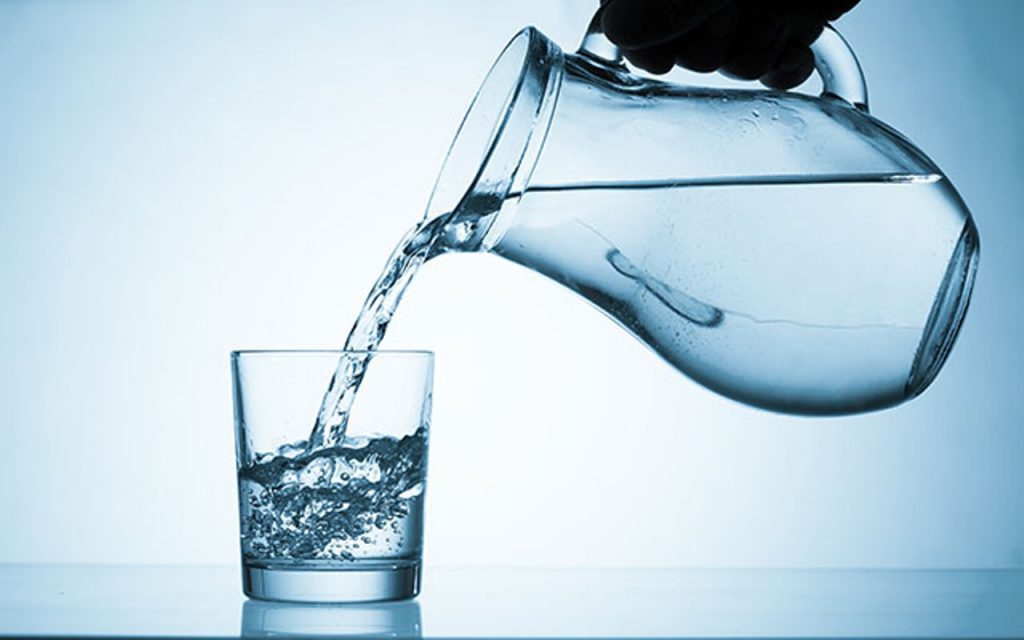
Fasting is dehydrating, and even more so in the summer months with warmer temperatures and longer days. Whilst studies show that fasting has no long term effects on the kidneys, it can certainly cause acute dehydration, so rehydration during the night is extremely important. The recommended intake is 6-8 glasses of water a day. Whilst this can be from any fluid source, caffeinated drinks such as tea, coffee, colas and energy drinks have mild diuretic effects, so hydrate to a lesser degree than water (though they are still better than drinking nothing).
2) Ditch the fry-up
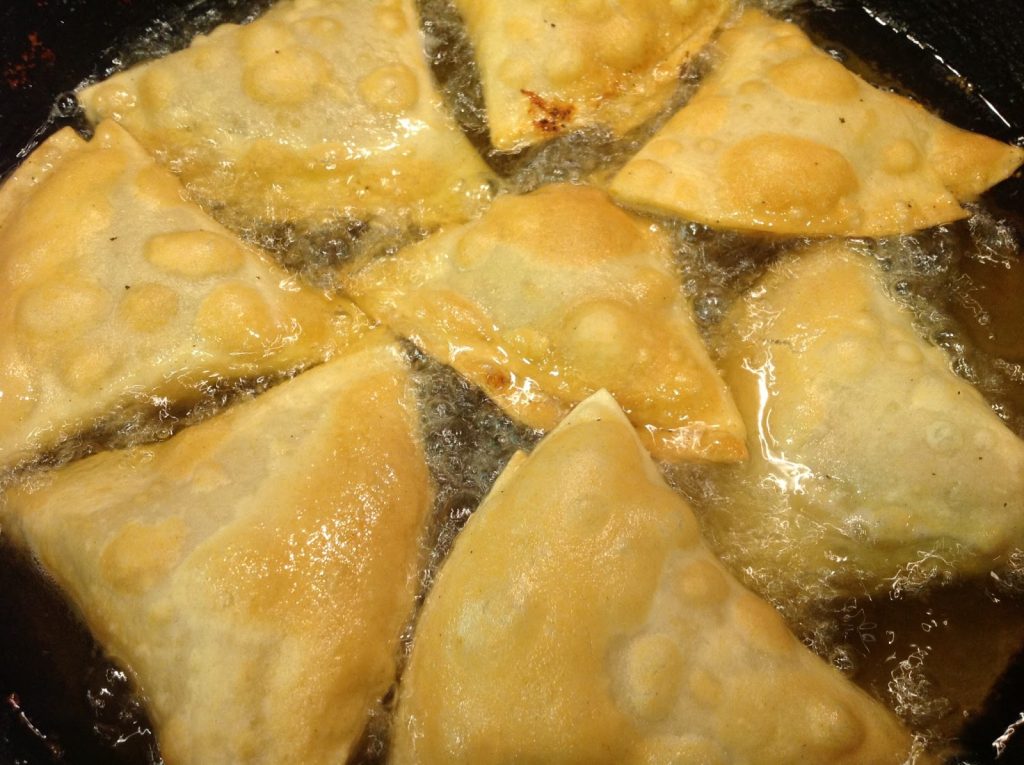
For many, Shahr Ramadan is a month of delicacies, and the most prevalent fluid in the diet is oil. Whilst it is sometimes difficult to resist the odd samosa or pakora, making a habit of avoiding fried or fatty foods is a good idea, and the cumulative effect this can have over the month can be huge. Grilling and baking are healthier alternatives, and if mum cannot hold back from preparing fried snacks, then shallow frying can have health benefits with little change in taste. The NHS Ramadhan Health Guide has more advice on this. (There are also baked alternatives to all our family favourites, such as the product range on offer by Gourmosa
3) Meat free Monday
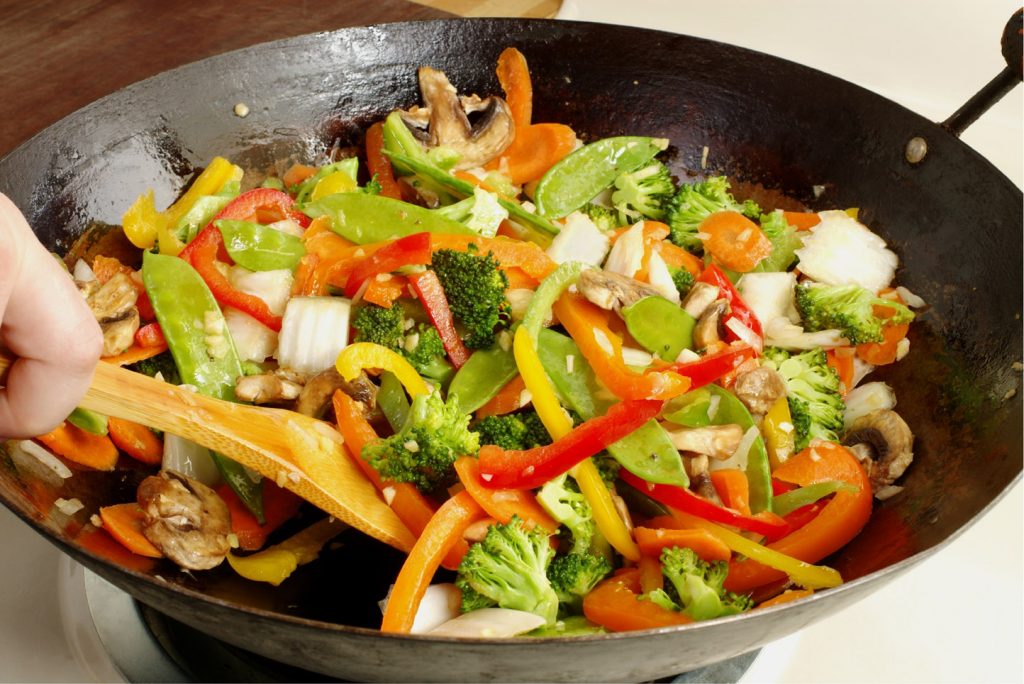
Paul, Mary and Stella McCartney launched this non-for-profit campaign in 2009, encouraging people to have at least one meat free day a week. The benefits are numerous – reducing greenhouse emissions, reducing death from cancer and heart disease, and saving money, amongst others. You could argue it has an Islamic basis too, as the oft-quoted narration of the Prophet (saw) advises:
“Do not make your stomach a graveyard of animals”.
4) Cut the cravings
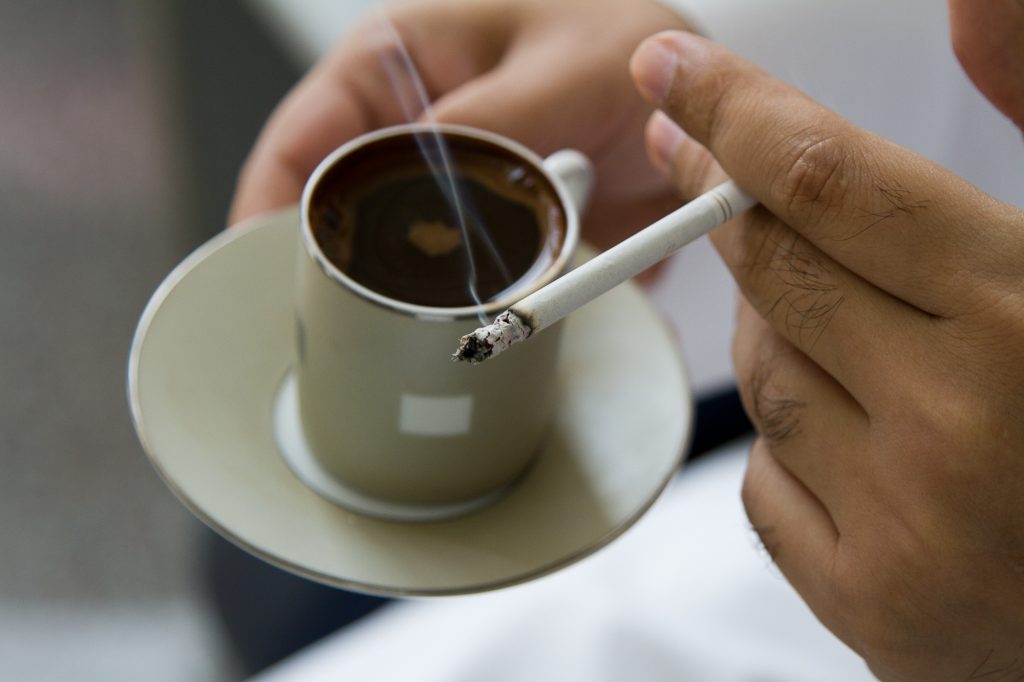
Shahr Ramadan is all about building healthy habits and axing unhealthy ones – it therefore serves as the perfect opportunity to cut down or quit smoking (both cigarette and shisha smoking), and the NHS offers specific support for those wishing to quit during Shahr Ramadan. On a more holistic level, the month can be useful in cutting other addictions (such as drugs, alcohol, pornography or masturbation) or even those perceived to be innocuous, such as caffeine. Indeed, a study examining the “first-of-Ramadan headache” found caffeine withdrawal to be the most important exogenous cause, and suggested progressively reducing caffeine consumption before the month commenced, or taking a cup of strong coffee just before the start of the fast, were possible ways to prevent it occurring.
5) A month of mindfulness

Emma Watson, Richard Branson and Angelina Jolie are among the dozens of celebrities advocating mindfulness, the latest fad to improve mental wellbeing. This is the art of slowing down, “inhabiting the moment”, and paying more attention to your thoughts, feelings and the world around you. Shahr Ramadan is the perfect medium for mindfulness and meditation, and this can be achieved by removing the materials which distract you most on a daily basis, whether they include food, Facebook or Candy Crush. The Qur’an mentions Taqwa (God-consciousness) as being the aim of fasting, and the climax of the Night of Qadr in the month provides a strong platform on which to achieve this.
There are great apps available to help with mindfulness for beginners such as Headspace.
6) Sleep hygiene

Increased mental wellbeing is not inherent in the act of fasting – many suffer from irritability, anger and worsened stress during Shahr Ramadan. Lack of sleep can contribute to this, and was another factor implicated in the “first-of-Ramadan headache”, and good sleeping patterns are therefore more important in this month. This is particularly important to ensure effective cognitive function during the working day. One of the most effective methods of achieving this is good sleep hygiene –a series of routines which have been proven to aid good sleep. For further convincing, narrations suggest sleeping whilst fasting is akin to worship and Imam Kadhim (as) said:
“Take a nap, for surely Allah will feed and satisfy the faster in his sleep.”
7) Following traditions
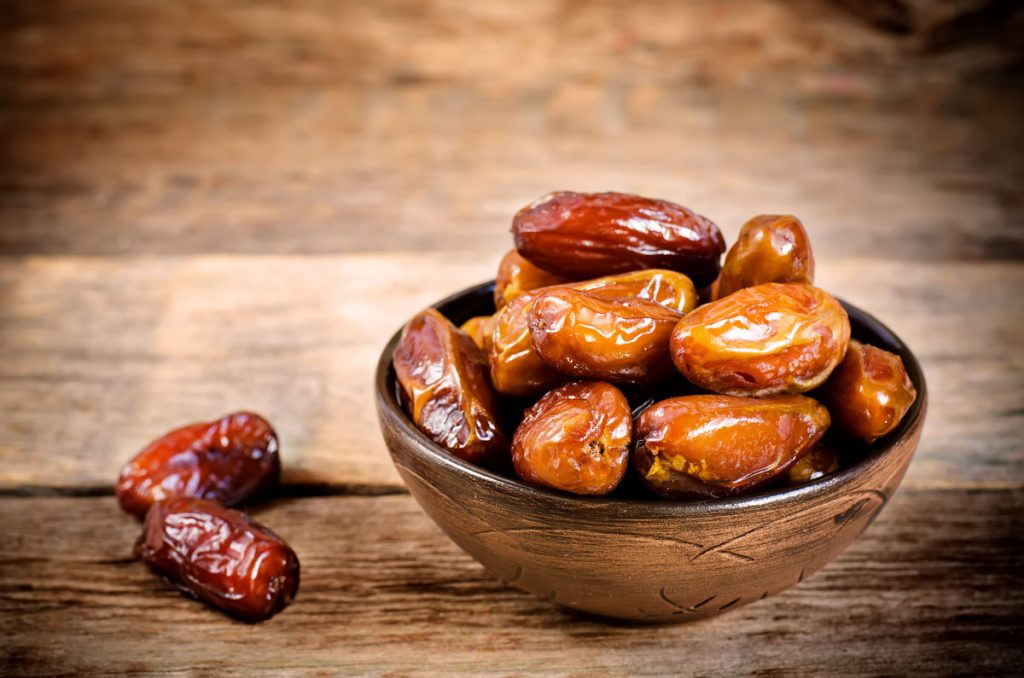
Suhoor (the pre-dawn meal) is described as highly “virtuous” in Islamic narrations, “even if it a glass of water”. We also have numerous traditions mentioning the Prophet (saw) and his family eating an Iftar composed of dates (refined carbohydrate ideal for Iftar) and bread (a complex carbohydrate for slower release of energy), as well as milk. If dates or milk were not available, they would break their fast with water, “to relieve headaches, and to cleanse the stomach and liver”.
(Check out: 6 incredible health benefits of eating dates)
8) Avoid overeating
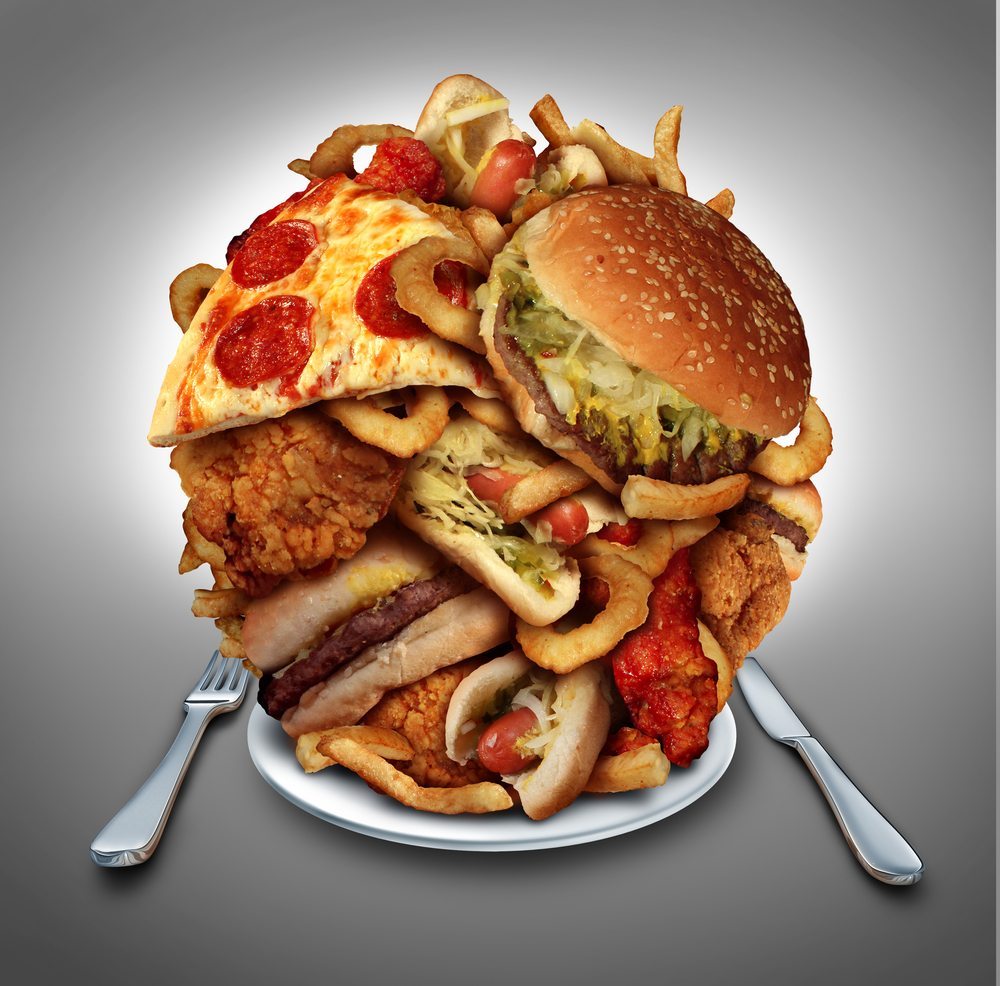
As the narrations above demonstrate, our Iftar meals today are a far cry from those of the Prophet (saw) and his family. Eating small, balanced meals in the month of Ramadhan can have health benefits such as weight loss (the 5:2 intermittent fasting diet is a proven weight loss method) and reduced cholesterol levels but can also help retain the ethos of fasting. When Imam Askari (as) was asked about fasting, he said the purpose was that “the rich shall find the pain of hunger so they have a mercy upon the poor.” Additionally, Imam Sadiq (as) in his beautiful narration to Unwan al-Basri, criticises overeating and quotes the Prophet (saw) as saying:
“No human has filled a cavity worse than his stomach. Let him leave a third for his food, a third for his drink, and a third for the air he breathes.”
9) Retain the purpose of the month
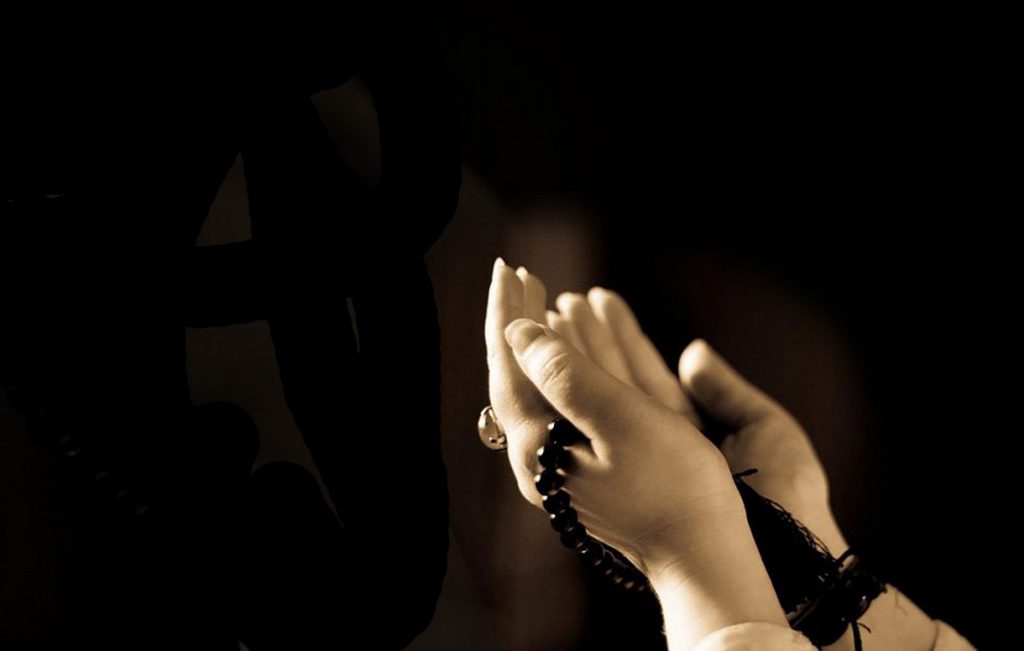
Whilst all the above steps will help to achieve a healthy month of Ramadan, it is worth keeping in mind that health goals are not the main purpose of the month. Jurisprudential fasting is in fact the lowest level of fasting, with the ethical fasting (restraint of the limbs from forbidden actions) and eventually the mystical fasting (detoxifying the mind from anything other than God, until He becomes the eventual reward of fasting) being more appropriate goals for the month.





